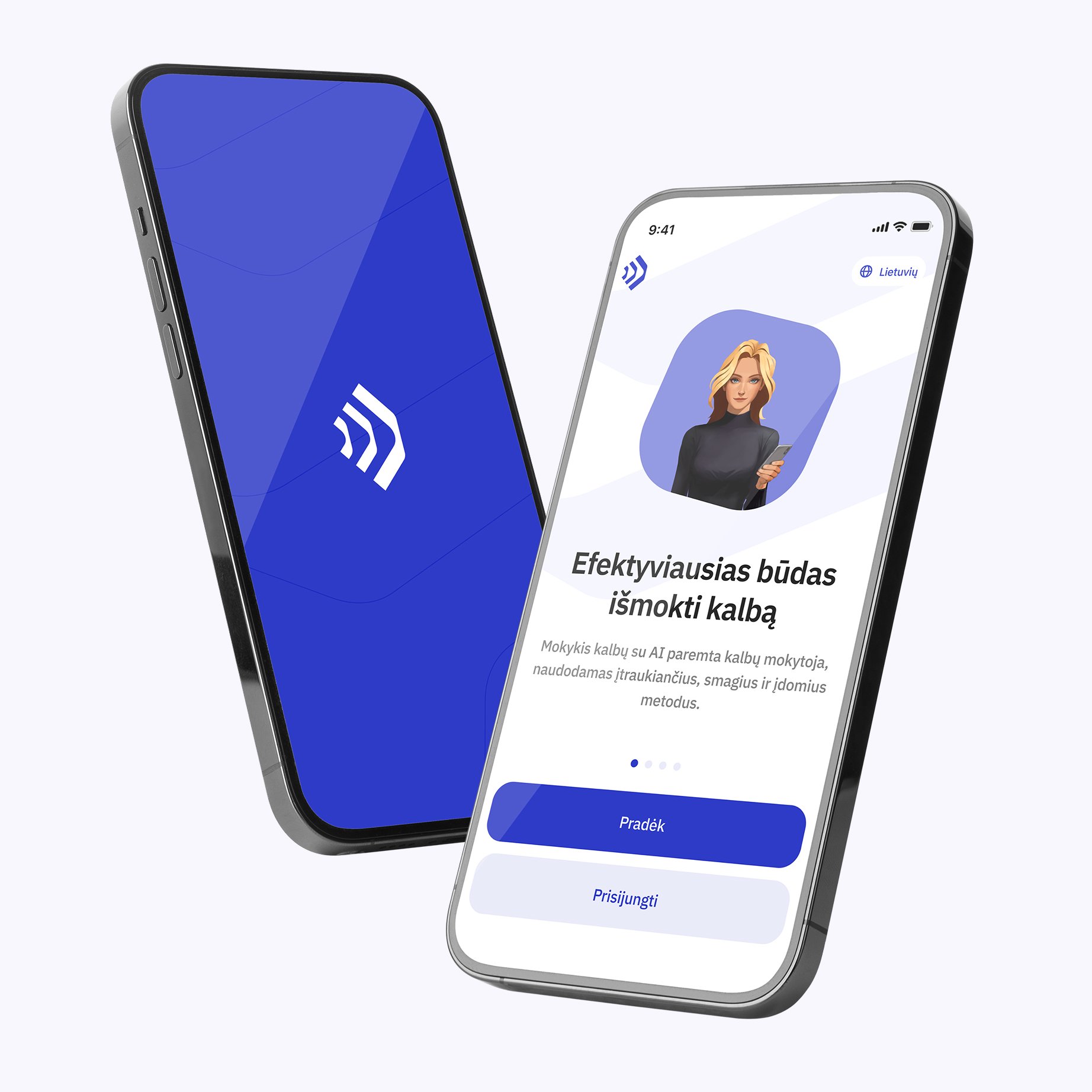Pirmieji sąlyginiai – pratimai 1
2. If you *study* hard, you will pass the exam. (Po „if“ naudojame paprastąjį esamąjį laiką „study“)
3. If she *comes* to the party, we will have fun. (Veiksmas „comes“ yra paprastojo esamojo laiko forma)
4. If they *are* late, the teacher will be angry. (Po „if“ naudojame esamąjį laiką „are“)
5. If I *finish* my homework, I will watch TV. (Po „if“ veiksmažodis paprastojo esamojo laiko forma „finish“)
6. If we *get* a taxi, we will arrive on time. (Veiksmas „get“ esamuoju laiku po „if“)
7. If you *don’t* hurry, you will miss the bus. (Neigiamas veiksmažodis „don’t hurry“)
8. If he *does* his best, he will win the game. (Veiksmažodis „does“ po „if“)
9. If the sun *shines*, we will go to the beach. (Veiksmažodis „shines“ po „if“)
10. If I *am* free, I will call you. (Veiksmažodis „am“ po „if“)
Pirmieji sąlyginiai – pratimai 2
2. If we *don’t leave* now, we will be late. (Neigiamas veiksmažodis „don’t leave“ po „if“)
3. If she *calls* me, I will answer. (Veiksmažodis „calls“ po „if“)
4. If it *snows* tonight, we will build a snowman. (Veiksmažodis „snows“ paprastuoju esamuoju laiku)
5. If you *work* hard, you will succeed. (Veiksmažodis „work“ po „if“)
6. If they *come* early, we will start the meeting on time. (Veiksmažodis „come“ paprastojo esamojo laiko)
7. If I *don’t understand* the lesson, I will ask a question. (Neigiamas veiksmažodis „don’t understand“)
8. If he *drives* carefully, he will avoid accidents. (Veiksmažodis „drives“ po „if“)
9. If you *practice* every day, your English will improve. (Veiksmažodis „practice“ paprastojo esamojo laiko)
10. If we *find* a good hotel, we will stay there. (Veiksmažodis „find“ po „if“)










